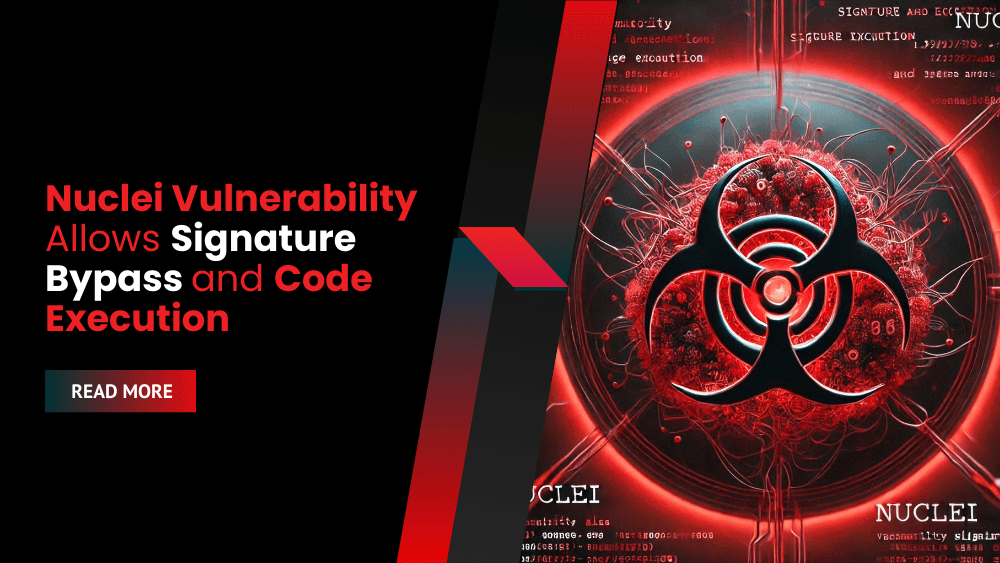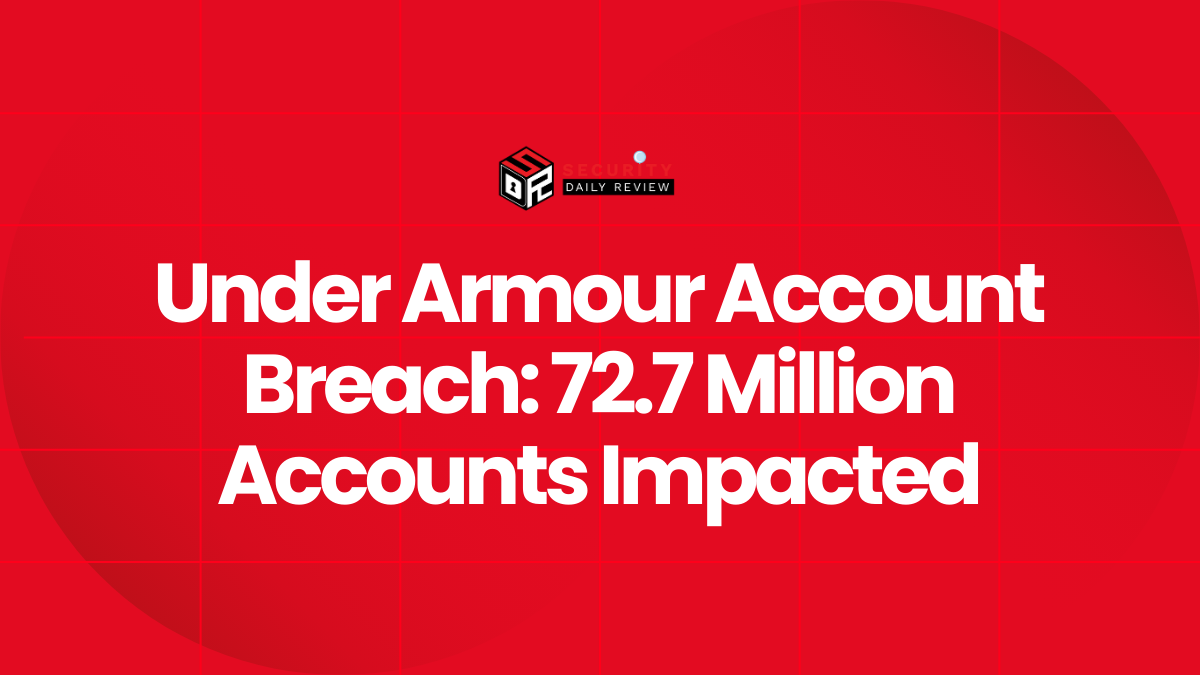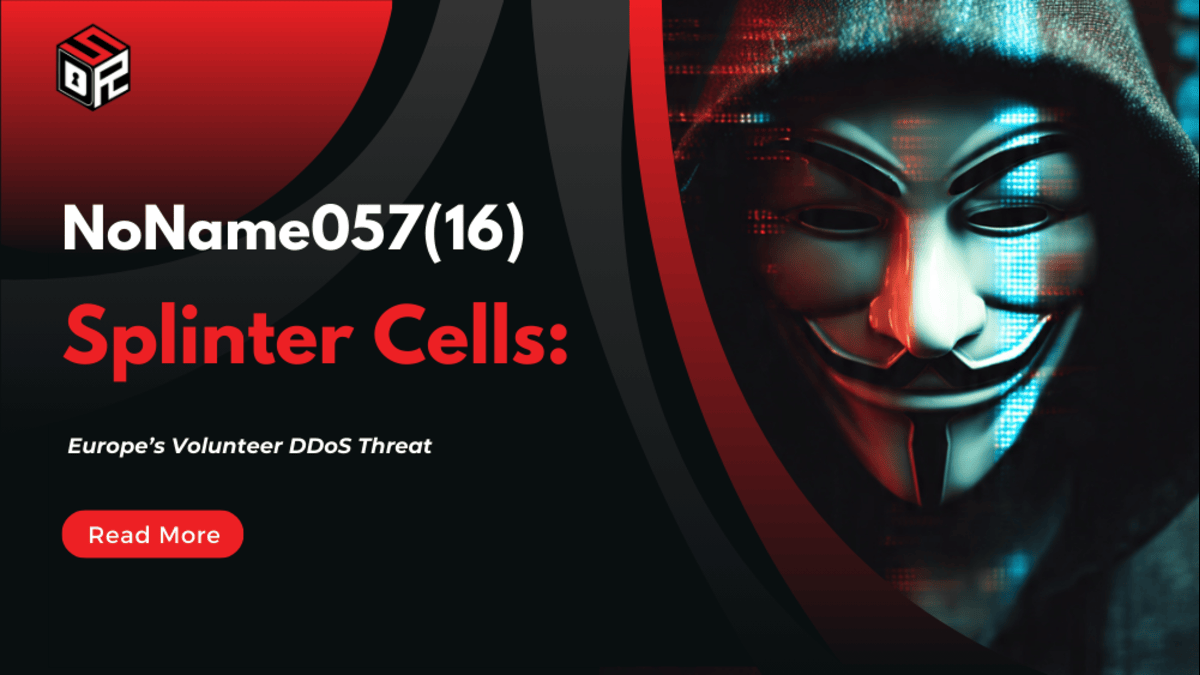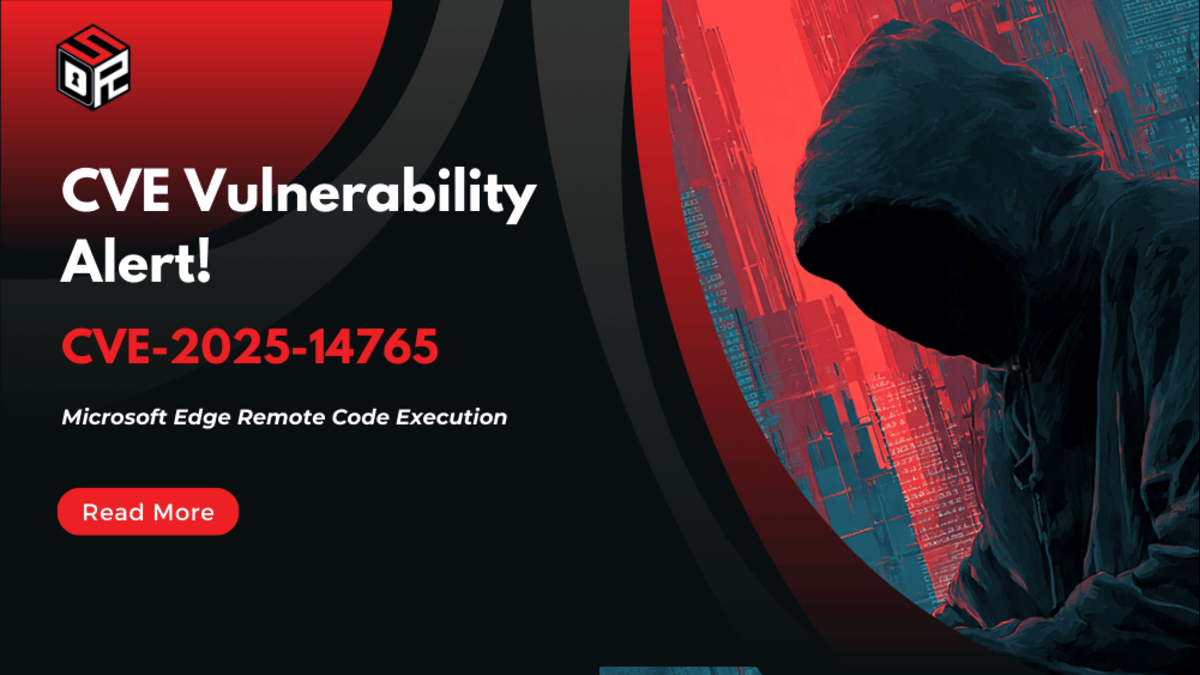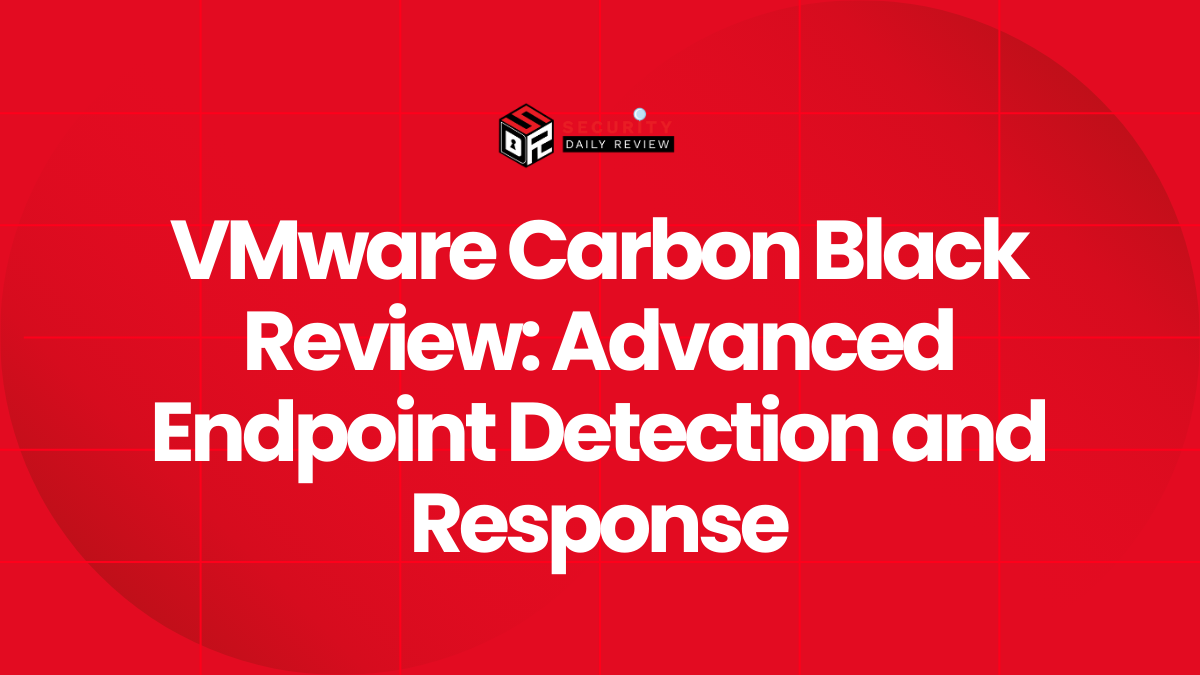A high-severity security flaw in the popular open-source vulnerability scanner Nuclei has been uncovered, enabling attackers to bypass signature checks and execute malicious code.
The Nuclei Vulnerability (CVE-2024-43405)
A recently disclosed vulnerability, tracked as CVE-2024-43405 and carrying a CVSS score of 7.4, affects all Nuclei versions after 3.0.0. This Nuclei vulnerability stems from inconsistencies between the signature verification process and the YAML parser’s handling of newline characters, particularly when processing multiple signatures. This allows attackers to inject malicious code into a template while maintaining a valid signature for the benign portion.
Nuclei, developed by ProjectDiscovery, is a powerful tool used to scan modern applications, infrastructure, cloud platforms, and networks for security flaws. It employs YAML files (templates) to send specific requests and identify vulnerabilities. A key feature is its ability to execute external code using the code protocol, enhancing the flexibility of security testing. However, this functionality, combined with the vulnerability, presents a significant risk.
The Root Cause: A Clash of Parsers
The vulnerability’s core lies in the interaction between regular expressions (regex) used for signature validation and the YAML parser. The discrepancy arises from how these parsers handle the carriage return character (\r)
. As explained by Wiz researcher Guy Goldenberg, “Go’s regex-based signature verification treats
\ras part of the same line, while the YAML parser interprets it as a line break. This mismatch allows attackers to inject content that bypasses verification but is executed by the YAML parser.”
This allows an attacker to introduce a \r character, creating a second # digest: line. The regex-based signature verification overlooks this additional line, while the YAML parser interprets it as a new line, executing the malicious code.
The vulnerability is further exacerbated by the fact that the verification process only validates the first # digest: line, leaving subsequent lines unchecked yet executable. This represents, as Goldenberg stated, “a potential single point of failure” because signature verification is currently the only validation method for Nuclei templates.
Exploitation and Mitigation
Successful exploitation of this Nuclei vulnerability bypasses the crucial template signature verification. Attackers can craft malicious templates to execute arbitrary code, access sensitive data, and compromise systems. The attack vector involves running untrusted or community-contributed templates without proper validation or isolation.
As Goldenberg warns, “An attacker could exploit this functionality to inject malicious templates, leading to arbitrary command execution, data exfiltration, or system compromise.”
ProjectDiscovery addressed this Nuclei vulnerability in version 3.3.2 (released September 4, 2024), with the current version being 3.3.7. Users are strongly urged to update to the latest version to mitigate the risk. Organizations should also implement robust validation and isolation procedures when using community-contributed templates. This includes careful review of templates before deployment and running them in a controlled, sandboxed environment.
Prioritizing Security Updates and Best Practices
The discovery of this high-severity Nuclei vulnerability underscores the importance of regularly updating open-source tools and employing secure coding practices. The vulnerability highlights the potential dangers of relying on a single point of failure for security validation, particularly in widely used tools like Nuclei. Proactive patching and careful template management are crucial steps in mitigating the risk of exploitation. This incident serves as a reminder that even seemingly secure tools require constant vigilance and updates to maintain a robust security posture.

